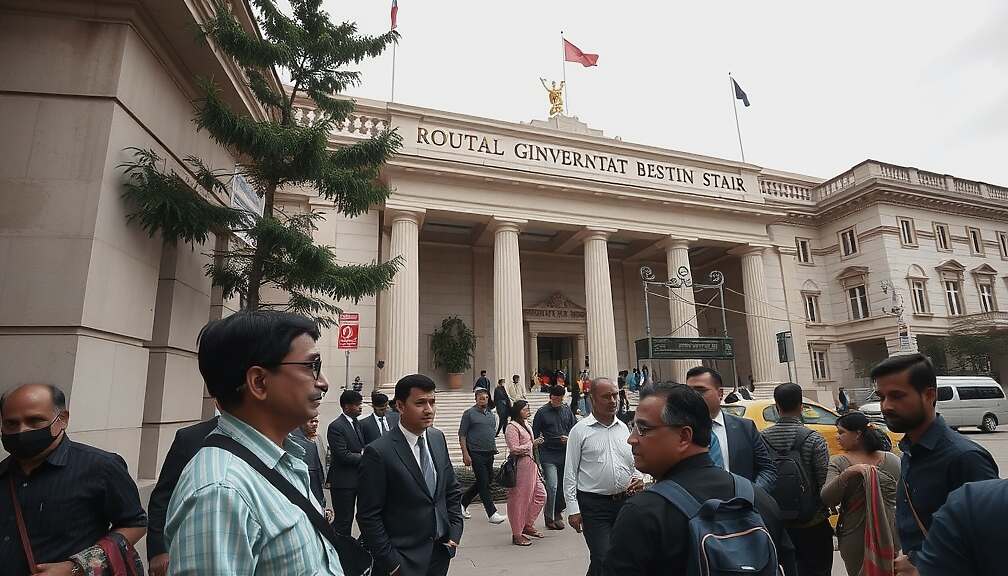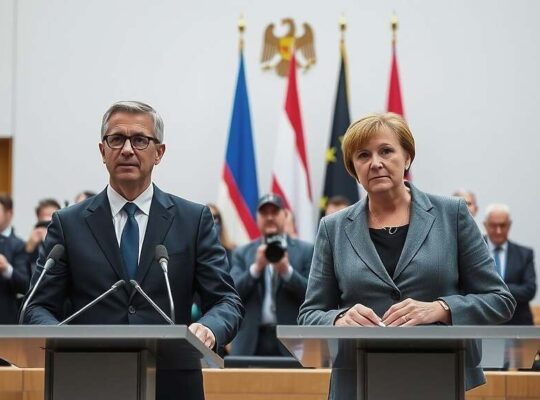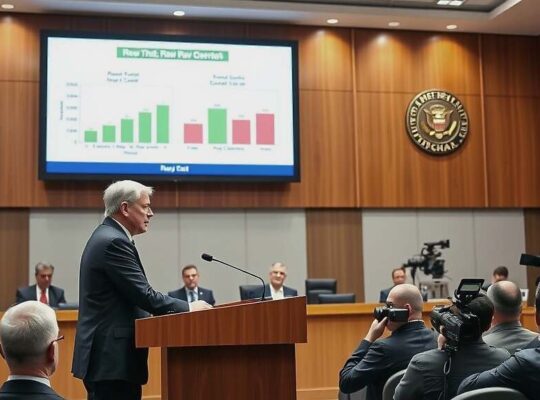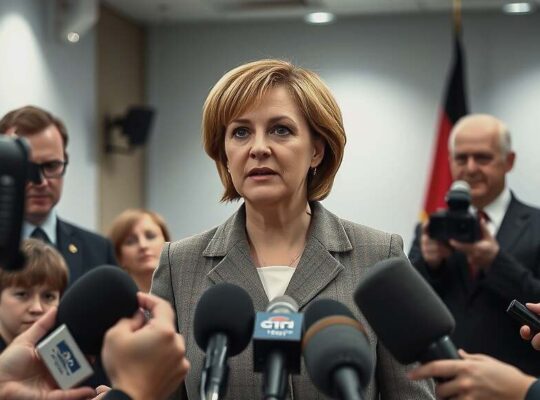The recently approved relief package by the German government falls short of addressing the scale of the economic challenges facing citizens, according to Marcel Fratzscher, President of the prestigious German Institute for Economic Research (DIW). Speaking to the “Rheinische Post”, Fratzscher characterized the measures, unveiled at Wednesday’s “Relief Cabinet” meeting, as merely a preliminary step, insufficient to overcome the substantial hurdles ahead.
While acknowledging the package sends a “positive signal” indicating the government’s intent to act, Fratzscher tempered this optimism with a critical assessment. He cautioned that the tangible benefits for many citizens are likely to be minimal and will manifest only in the longer term. The ultimate impact, he emphasized, hinges critically on the swiftness of implementation and the precision with which targeted groups are reached – factors which remain significant uncertainties.
The DIW head’s remarks highlight growing concerns within economic circles regarding the government’s response to persistent inflationary pressures and the strain they are placing on household budgets. The comparatively modest scope of the relief measures risks undermining their effectiveness and potentially fueling public discontent, particularly as the full impact of the government’s actions may not be felt for months.
Observers suggest Fratzscher’s comments represent a cautious but pointed rebuke from a respected voice within the German economic establishment, implicitly urging the government to consider more ambitious and impactful interventions to truly alleviate the burden on struggling families and businesses. The debate now centers on whether the current measures are a viable strategy, or whether a more aggressive and comprehensive approach is required to navigate the evolving economic landscape.












